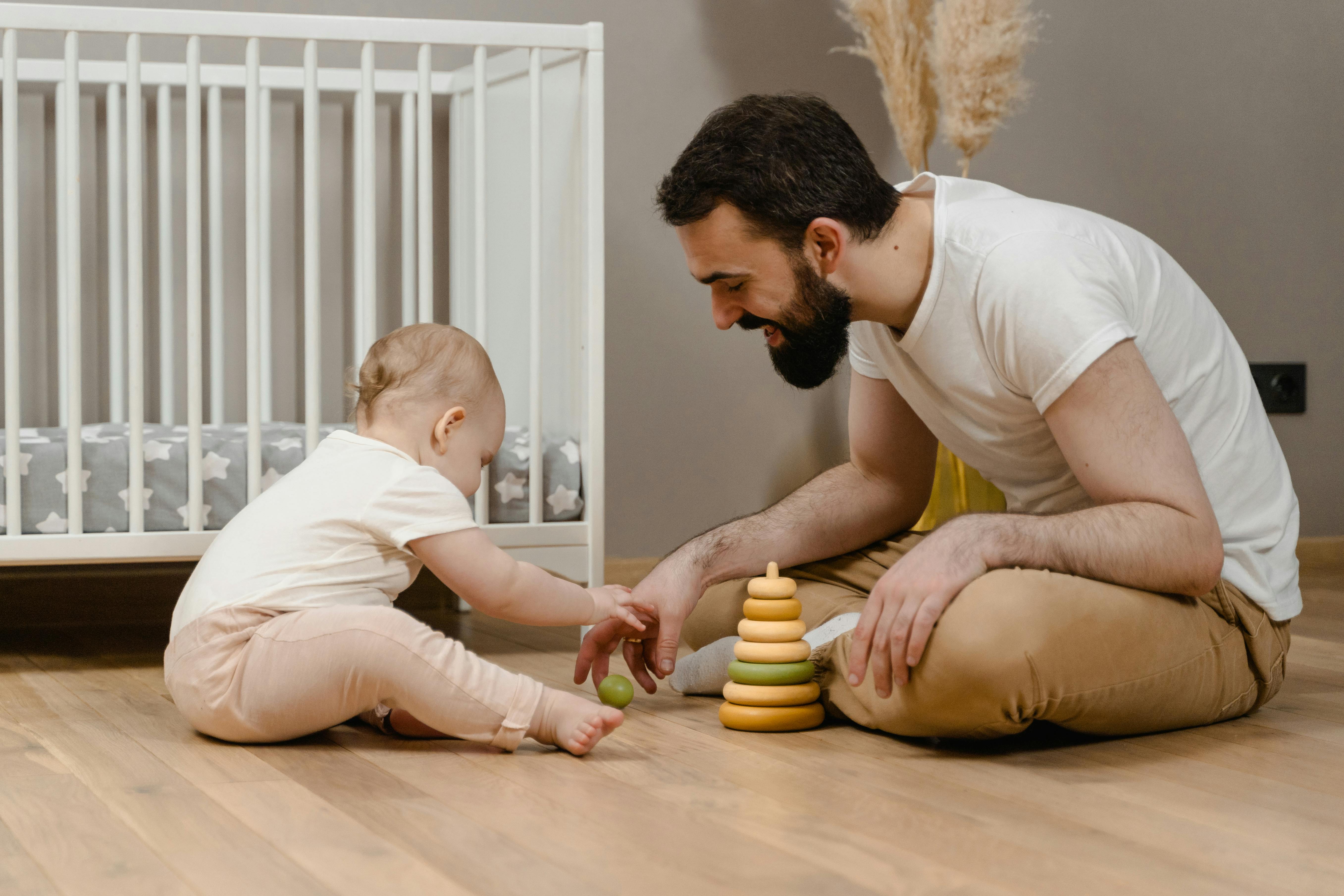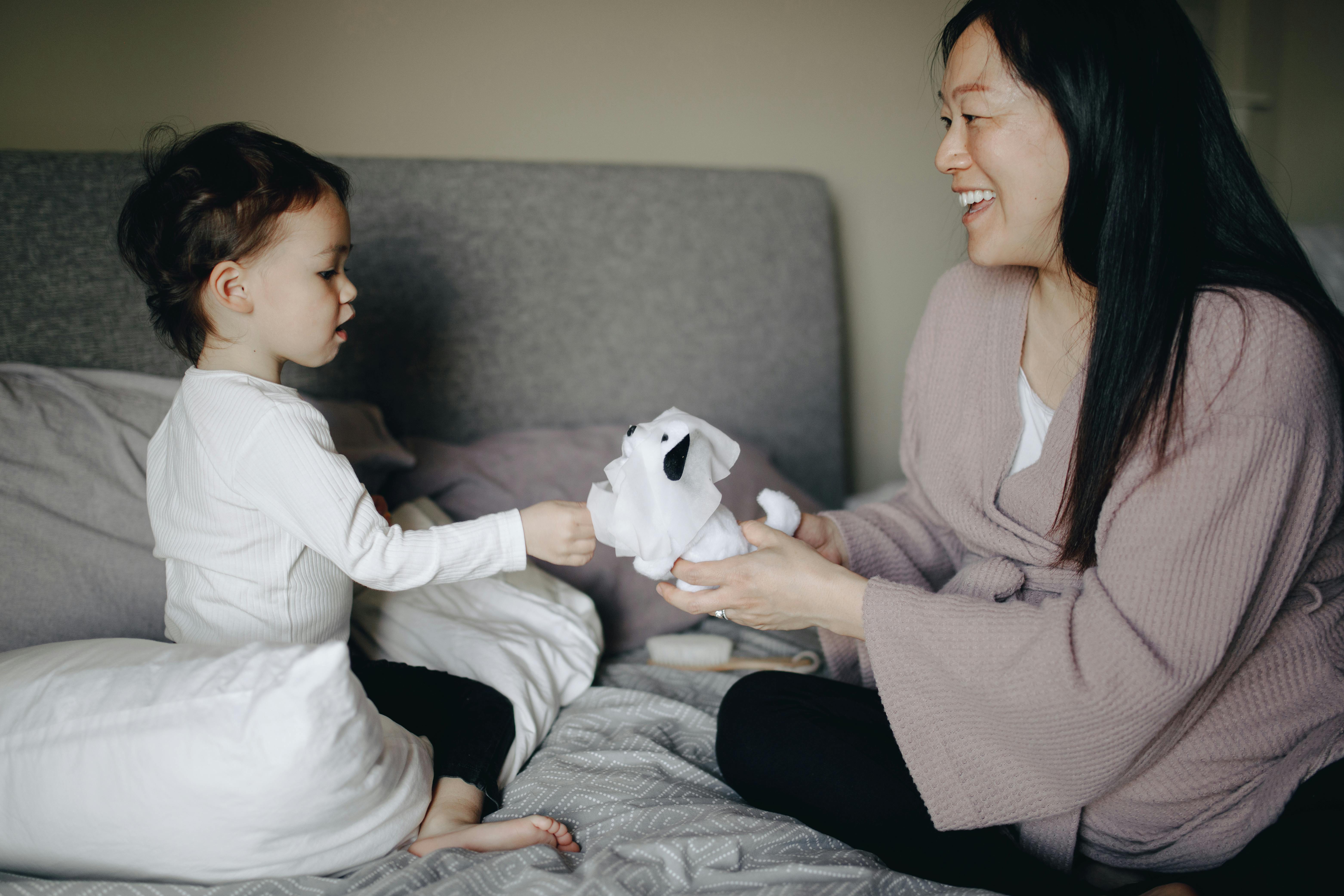.png)


Starting January 10, 2026, we’re replacing credits with Makeup Tokens—a simpler, fairer way to make up missed classes.
Read more




Your child doesn’t need more of your time—they need more of you in the time you already share. Research shows: connection isn’t measured in hours, but in moments of true presence. Just 15 minutes of undivided attention can do more than hours of distracted togetherness. Discover how small, intentional moments build secure attachment, reduce parental guilt, and help your child feel truly seen—no matter how busy you are.

There's a moment every parent knows intimately. You're rushing through bedtime stories, mentally reviewing tomorrow's meetings, when your child asks, "Read it again?"—for the third time.
You feel that familiar pang:
Am I giving them enough? Am I present enough? Am I enough?
📌 Here’s the thing:
Child development research has shown...
You’re asking the wrong question entirely.

The question isn’t:
“How much time should I spend with my child?”
The real question is:
“How does my child’s brain form secure attachments—and what does that actually require from me?”
Neuroscience tells us something profound:
A child’s brain doesn’t measure love in hours—it measures it in moments of felt safety and connection.
These small but powerful moments actually shape the neural pathways that influence how they relate to others for the rest of their lives.
Your child’s nervous system is always asking:
“Am I safe? Am I seen? Do I matter?”
The answer doesn’t come from the amount of time you spend...
It comes from the quality of your attention when you do connect.

We live in an age where everything competes for our attention—especially when we're parenting.
Your child is up against:
But here’s the truth:
Kids have an uncanny ability to sense whether they’re getting your full attention or just your leftover energy.
👀 Which one leaves a lasting imprint on their sense of self-worth?
(You already know.)

Here’s what’s truly surprising:
The more present you are in short bursts, the more secure and independent your child becomes.
They don’t need you all the time—
They need to trust that when you're with them, you're really with them.
This is called emotional nutrition:
Like food, connection works best in consistent, high-quality doses, not one massive meal every few days.

Children’s needs evolve over time—not just in how much connection they need, but in what kind.

So many parents carry guilt over not being home enough.
But research says:
🧠Working parents who are fully present during connection times often raise more emotionally resilient children than those who are physically present but mentally elsewhere.
Your child doesn’t need you every moment.
They just need to matter most during the moments you are available.
This creates earned security—a lasting sense of being loved, even when you're not right there.

Just observe—no pressure to change yet.
Start layering in small, high-impact shifts:
Establish predictability—what kids crave most:



Once a month, ask yourself:

On rough days, here’s a quick reset:

Let go of the question:
“Am I spending enough time with my child?”
Start asking:
“How present am I in the time we have?”
The truth is:
Your child doesn’t need a perfect parent.
They need a present one.
Not more time—just more of you in the time you're already giving.
Connection is built one small moment at a time.
No need to do it all at once.
✨ When children feel seen, safe, and supported, they naturally grow into resilient, connected humans—ready to thrive in the world.
💬 What would change in your family if you truly believed that presence was enough?


.png)

.png)


